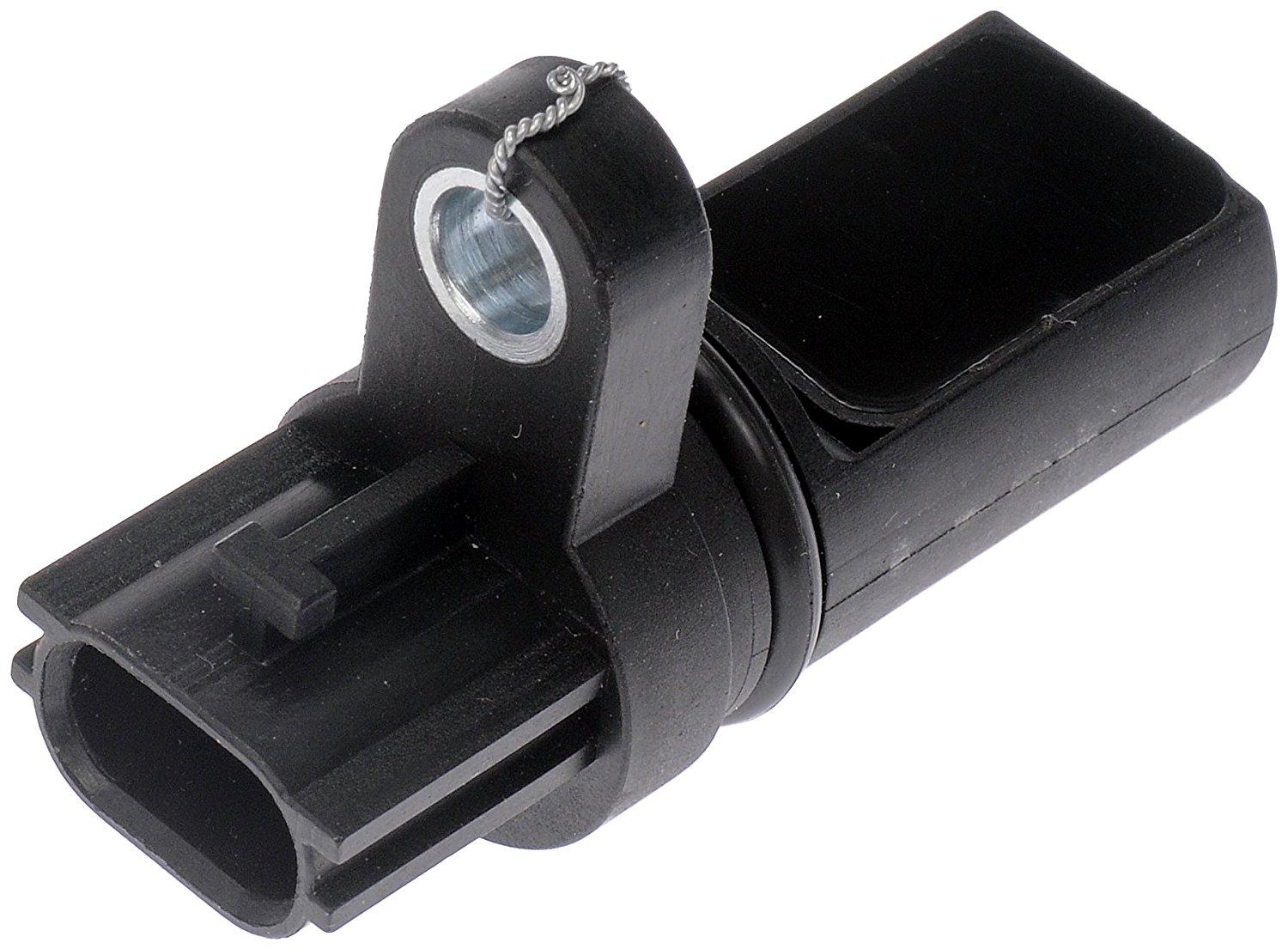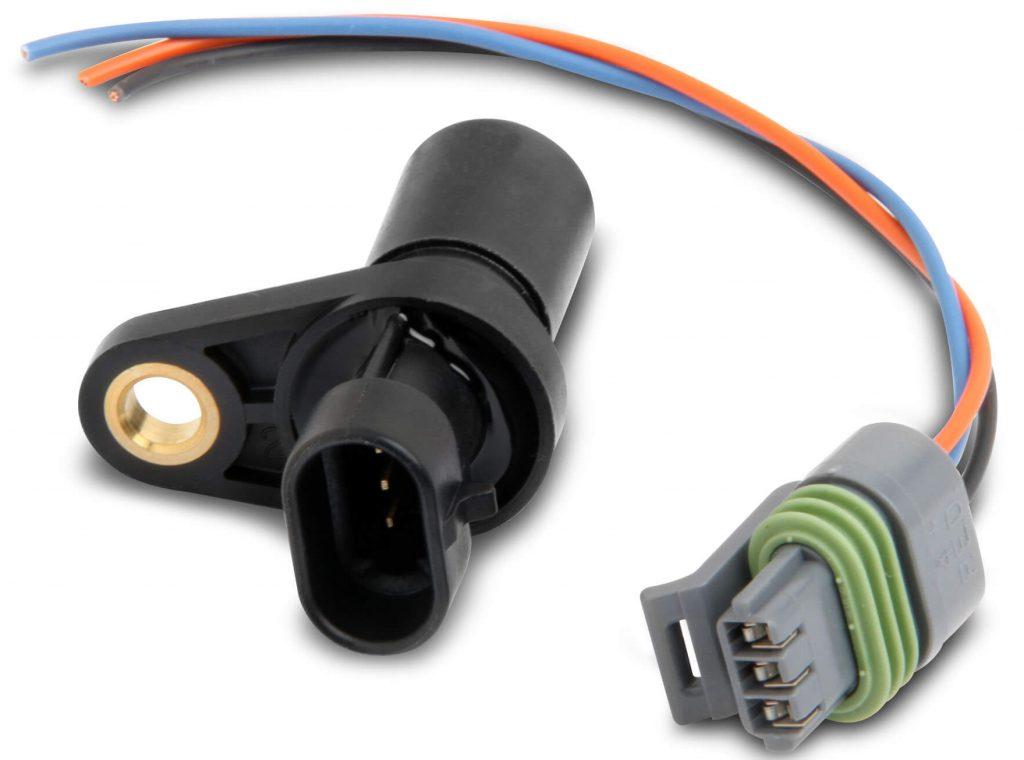What is a Crankshaft Sensor and Why Does it Matter?
A crankshaft sensor is a crucial component in modern vehicles’ engines. It is responsible for measuring the rotation speed and position of the crankshaft, which in turn helps to optimize engine performance and reduce emissions. By accurately measuring the crankshaft’s position and speed, the engine control unit (ECU) can adjust fuel injection, ignition timing, and other critical engine functions. As a result, a faulty crankshaft sensor can lead to poor engine performance, increased fuel consumption, and increased emissions.
Factors Influencing the Cost of Crankshaft Sensors
The cost of crankshaft sensors can vary significantly depending on several factors. One of the primary factors is the make and model of the vehicle. Luxury or high-performance vehicles often require more expensive sensors due to their advanced engine technology. Additionally, the type of sensor required can also impact the cost. For example, hall effect sensors tend to be more expensive than magnetic sensors.
Another factor that can influence the cost of crankshaft sensors is the brand of the sensor. Original equipment manufacturer (OEM) sensors are typically more expensive than aftermarket sensors, but they may offer better compatibility and quality. However, some high-quality aftermarket sensors can perform just as well as OEM sensors at a lower cost. It’s essential to research and compare different brands and types of sensors to find the best option for your vehicle and budget.
Comparing Prices of Crankshaft Sensors: A Breakdown
When it comes to purchasing a crankshaft sensor, there are various brands and retailers to choose from, each with its own pricing structure. Original equipment manufacturer (OEM) sensors tend to be more expensive than aftermarket sensors, with prices ranging from $50 to $200 or more, depending on the make and model of the vehicle.
Aftermarket sensors, on the other hand, can range in price from $20 to $100 or more. While aftermarket sensors may be less expensive than OEM sensors, it’s essential to ensure that they are compatible with your vehicle and offer the same level of quality. Some reputable aftermarket sensor brands include Standard Motor Products, Denso, and ACDelco.
When comparing prices of crankshaft sensors, it’s also essential to consider the cost of shipping and handling. Some online retailers may offer free shipping for orders over a certain amount, while others may charge a flat rate or a percentage of the order total. It’s essential to factor in these costs when comparing prices to ensure that you are getting the best deal possible.
How to Save Money on Crankshaft Sensors
While the cost of crankshaft sensors can add up, there are several ways to save money on these essential vehicle components. Here are some tips and tricks to help you get the best deal possible:
-
Purchase from reputable online retailers: Online retailers such as Amazon, AutoZone, and Advance Auto Parts often offer competitive prices on crankshaft sensors. Be sure to read customer reviews and check the return policy before making a purchase.
-
Buy in bulk: If you own a fleet of vehicles or need to replace multiple sensors, consider buying in bulk. Many retailers offer discounts for bulk purchases, which can help you save money in the long run.
-
Opt for refurbished sensors: Refurbished sensors have been inspected, tested, and repaired to meet the same specifications as new sensors. They are often significantly cheaper than new sensors and can be a great option if you’re on a tight budget.
-
Compare prices: Be sure to compare prices from different retailers before making a purchase. Prices can vary significantly depending on the brand, type, and location of the retailer. Don’t forget to factor in the cost of shipping and handling when comparing prices.
https://www.youtube.com/watch?v=Q2L2rGzDLtM
The Importance of Professional Installation
While installing a crankshaft sensor may seem like a straightforward task, it’s essential to have it professionally installed to ensure proper functioning and avoid costly mistakes. Here are some benefits of having a professional install the crankshaft sensor:
-
Assurance of proper installation: Professional mechanics have the training and experience necessary to install crankshaft sensors correctly. They can ensure that the sensor is properly aligned and calibrated, which can help prevent engine performance issues and extend the sensor’s lifespan.
-
Potential warranty coverage: Many manufacturers offer warranties on their sensors, but these warranties may be voided if the sensor is not installed by a professional. Having the sensor professionally installed can help ensure that any warranty coverage remains intact.
-
Avoidance of costly mistakes: Installing a crankshaft sensor requires precision and attention to detail. A mistake during installation can result in engine performance issues or even damage to the sensor or engine. Having a professional install the sensor can help avoid these costly mistakes.
Frequently Asked Questions about Crankshaft Sensor Costs
When it comes to crankshaft sensors, many drivers have questions and concerns about cost. Here are some of the most common questions and answers to help you make an informed decision:
How much should I expect to pay for a crankshaft sensor for a Honda Civic?
The cost of a crankshaft sensor for a Honda Civic can vary depending on the year and model of the vehicle. On average, you can expect to pay between $50 to $150 for an OEM sensor and between $20 to $80 for an aftermarket sensor.
Are aftermarket sensors just as good as OEM sensors?
Aftermarket sensors can be just as good as OEM sensors, but it’s essential to do your research and choose a reputable brand. Look for sensors that meet or exceed OEM specifications and have positive customer reviews. It’s also important to ensure that the sensor is compatible with your vehicle’s make and model.
Can I install a crankshaft sensor myself?
While it’s possible to install a crankshaft sensor yourself, it’s recommended to have a professional do it. Proper installation is crucial for the sensor to function correctly and to avoid damage to the engine or sensor. Additionally, having a professional install the sensor can help ensure that any warranty coverage remains intact.
Conclusion: Making an Informed Decision about Crankshaft Sensor Costs
When it comes to crankshaft sensors, there are many factors to consider, including cost, quality, and installation. By understanding the different factors that impact the cost of crankshaft sensors, you can make an informed decision and find the best sensor for your vehicle and budget.
When comparing prices, be sure to consider both OEM and aftermarket sensors. While OEM sensors may be more expensive, they often come with warranties and are designed to meet the specific needs of your vehicle. Aftermarket sensors, on the other hand, can be just as good as OEM sensors and are often more affordable. Just be sure to choose a reputable brand and ensure compatibility with your vehicle’s make and model.
When it comes to installation, it’s essential to have a professional install the sensor to ensure proper installation and avoid costly mistakes. Professional installation can also help ensure that any warranty coverage remains intact.
By considering all of these factors, you can make an informed decision about crankshaft sensor costs and find the best sensor for your vehicle. Remember, a little research can go a long way in ensuring the longevity and performance of your vehicle’s engine.







